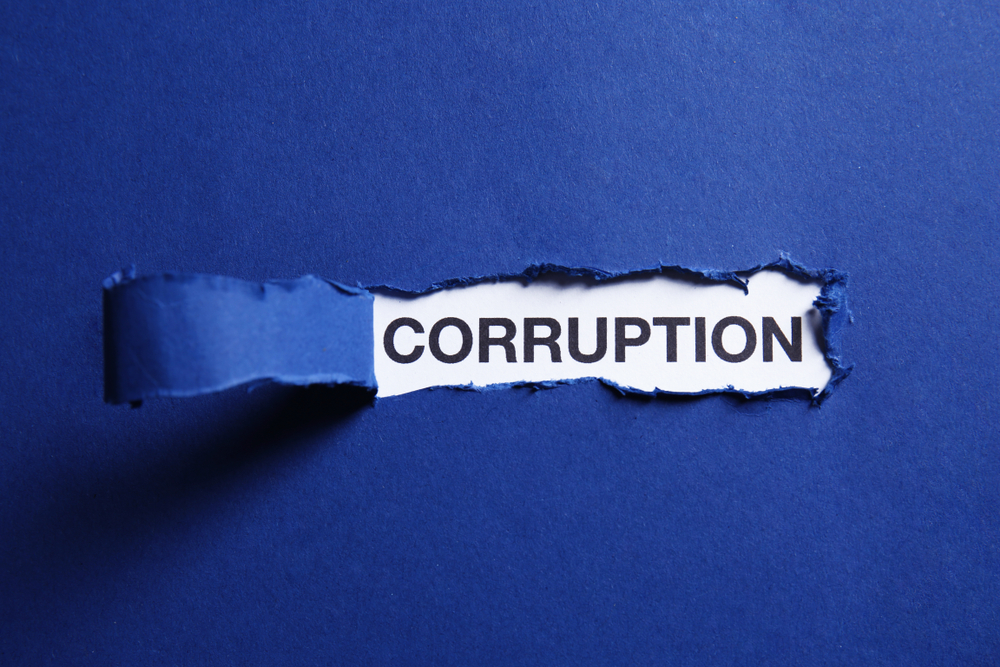For many years, the means that Brazilian authorities had at their disposal to obtain information related to investigations consisted largely of lifting the telephone, tax, and banking secrecy of suspects. However, after the beginning of the sweeping anti-corruption Operation Car Wash investigations, law enforcement and prosecutors got their hands on a new tool, the much discussed plea bargains.
Though commonly used in the U.S., plea bargains—which consist of defendants testifying and pleading guilty in exchange for varying degrees of benefits with regards to their punishment—were only made legal in Brazil in 2013, one year before Operation Car Wash came to be. And Brazil’s prosecutors made extensive use of this investigatory method.
One important aspect of the swath of plea bargains in Brazil was the regularity with which information from testimony was leaked to the press. In what was a carefully orchestrated and selective process, Justice Minister Sergio Moro—then the lead judge of the Car Wash probe—upheld that the support of the press was an essential part to the anti-corruption strategy, and that information leaks were useful to prevent attempts to obstruct justice.
The selective leaking of confidential information to journalists was confirmed by an exposé published by The Intercept last year. In a series of articles, the website showed private phone conversations in which lead Car Wash prosecutor Deltan Dallagnol leaked information to the press according to the operation’s convenience.
The Intercept‘s own leaks strained the relationship between authorities and the press, with the backlash even leading to the website’s founder, U.S. journalist Glenn Greenwald, being charged for phone tapping and criminal organization. The complaint against Mr. Greenwald was eventually dismissed, but he has not been the only journalist targeted by authorities.
...

 Search
Search






































